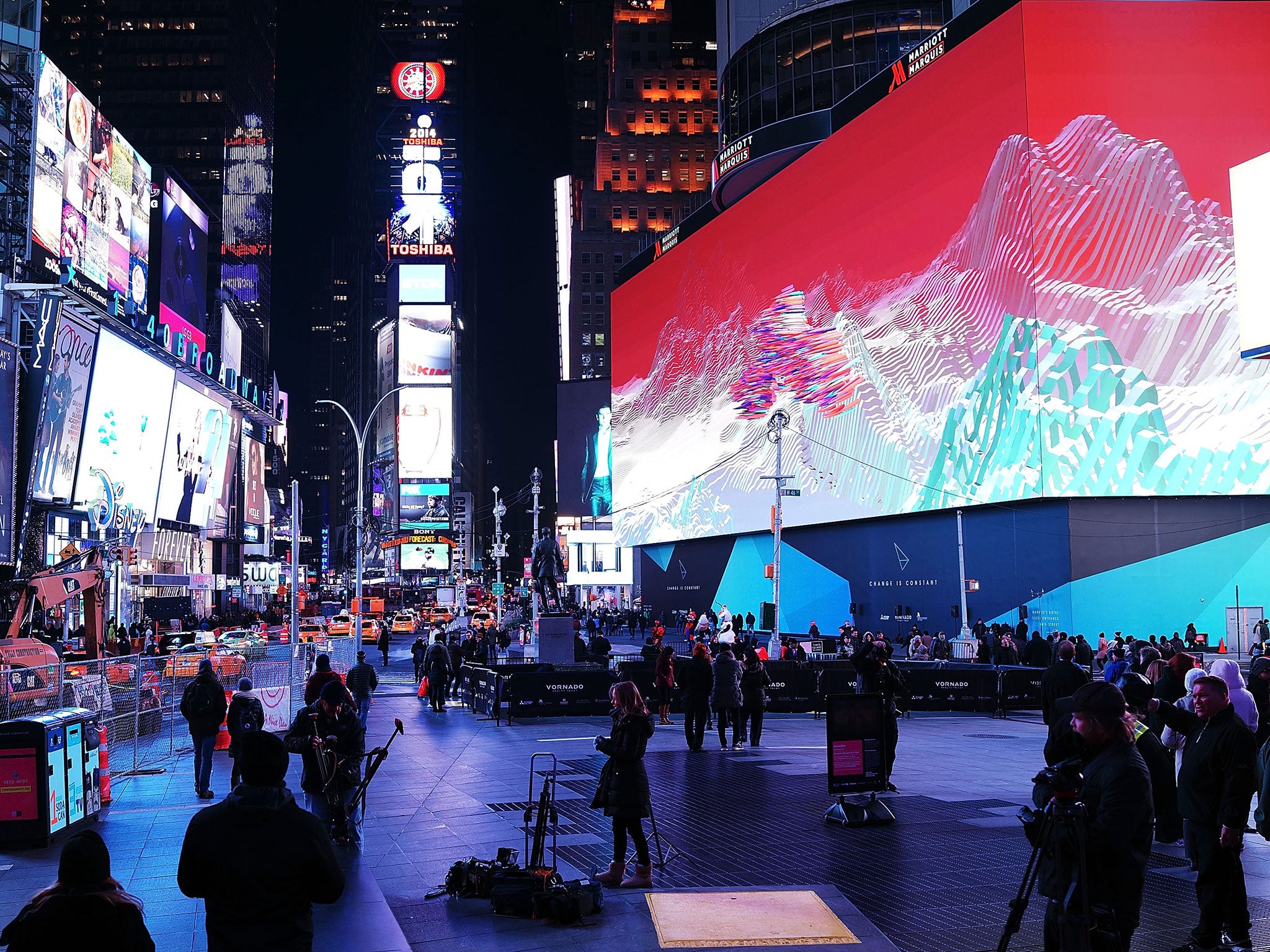Artificial lights near homes linked to obesity in new study
Growing evidence suggests that artificial light can affect the metabolism

Your support helps us to tell the story
From reproductive rights to climate change to Big Tech, The Independent is on the ground when the story is developing. Whether it's investigating the financials of Elon Musk's pro-Trump PAC or producing our latest documentary, 'The A Word', which shines a light on the American women fighting for reproductive rights, we know how important it is to parse out the facts from the messaging.
At such a critical moment in US history, we need reporters on the ground. Your donation allows us to keep sending journalists to speak to both sides of the story.
The Independent is trusted by Americans across the entire political spectrum. And unlike many other quality news outlets, we choose not to lock Americans out of our reporting and analysis with paywalls. We believe quality journalism should be available to everyone, paid for by those who can afford it.
Your support makes all the difference.Bright artificial lights which glare all night may cause residents of nearby homes to become obese, a recent study has suggested.
Researchers made the findings by analysing satellite images of artificial light at night (ALAN) taken by the US military alongside World Health Organisation data on obesity rates.
The team at the University of Haifa in Israel found a “statistically significant” link between a man or a woman being overweight or obese when living near ALAN.
N.A. Rybnikova of the University of Haifa in Israel told Reuters said that artificial light could cause people to eat after the natural dusk when metabolic processes in the body slow down.
It is believed that artificial light interferes with the body’s product of melatonin, which controls the sleep cycle.
However, the researchers stressed that light bulbs do not cause obesity, and further studies are needed to investigate whether lights from electronic devices like smartphones can affect a person’s weight.
Laura Fonken, a researcher at the University of Colorado who had no involvement in the research, told Reuters that evidence is building that artificial light could disturb the metabolism.
She added: “Overall, it seems that there aren’t any downsides to trying to keep a consistent sleep schedule and avoid nighttime light exposure.”
Previous research by the Cancer Research Institute in London found an association between sleeping in a room that was too bright and being overweight.
Those who slept at night in a room light enough to see across had larger waistlines than those who bedded down in darkness, the study of 113,000 women found, BBC News reported.
However, researchers stressed that the evidence was not strong enough for them to advice people to buy thicker curtains or turn off lights.
Join our commenting forum
Join thought-provoking conversations, follow other Independent readers and see their replies
Comments